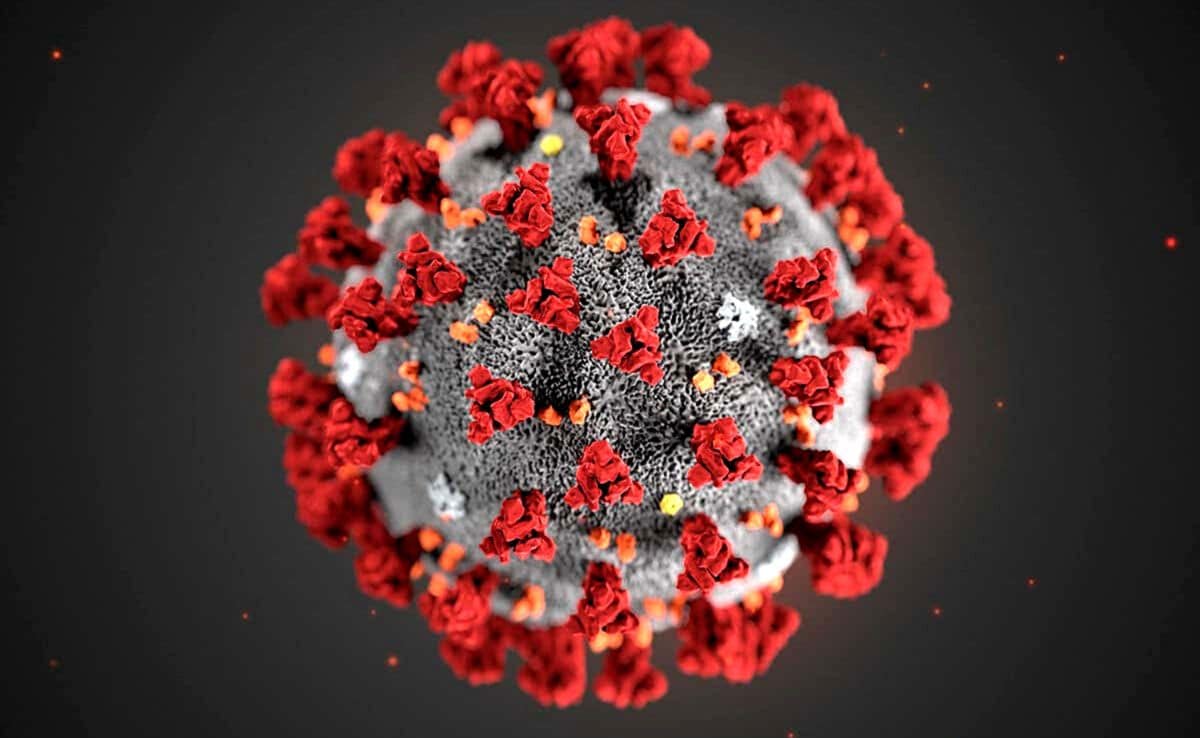Covid-19 Cases Rising Again: All About JN.1 Strain And Its Symptoms

A surge in Covid-19 cases has been observed across Asia over the past few months. A significant number of cases have been reported in Hong Kong and Singapore, two of Asia’s biggest cities. According to the Hong Kong’s Center for Health Protection, the virus is quite active. Health authorities in Hong Kong and Singapore, China and Thailand have urged people to take new booster vaccinations.
“While the increase in cases could be due to factors including waning population immunity, there is no indication that the circulating variants are more transmissible – or cause more severe cases – than during the pandemic,” Singapore’s health ministry said.
Fresh cases reported in India
Maharashtra has also recorded an uptick in active cases, with a spike from 12 to 56 in one week. Currently, India has 257 active Covid-19 cases, with Kerala, Maharashtra and Tamil Nadu reporting the maximum cases.
“India stands at 257 cases and is monitoring the situation with increased vigilance. As per the preliminary information available, the cases are mostly mild, not associated with unusual severity or mortality,” health officials told PTI.
Is there a new variant?
The JN.1 variant and its related descendants, which belong to the Omicron family, are believed to be the driver behind the surge in Covid-19 cases across Asia.
As per Singapore health authorities, new variants, LF.7 and NB.1.8, descendants of the JN.1 variant, are contributing to the surge.
About JN.1
The JN.1 strain is a descendant of the BA.2.86 variant (an Omicron sub-variant). The World Health Organisation has classified the JN.1 strain as a “variant of interest” and now a “variant of concern” yet. WHO has also mentioned that the global public health risk posed by JN.1 is low.
Signs and symptoms of JN.1 variant
Most infected individuals experience mild upper respiratory symptoms. Some common symptoms include fever, runny nose, sore throat, headaches, extreme fatigue, muscle weakness, exhaustion and minor gastrointestinal problems. In some cases, the new variant may also present with a loss of appetite and persistent nausea.
These symptoms are usually mild and typically improve within four to five days.
As the cases are rapidly increasing, the authorities are closely monitoring the situation. As an individual, wash your hands regularly, wear a mask and follow other Covid-19 precautions to stay safe.
Disclaimer: This content including advice provides generic information only. It is in no way a substitute for a qualified medical opinion. Always consult a specialist or your own doctor for more information. NDTV does not claim responsibility for this information.






